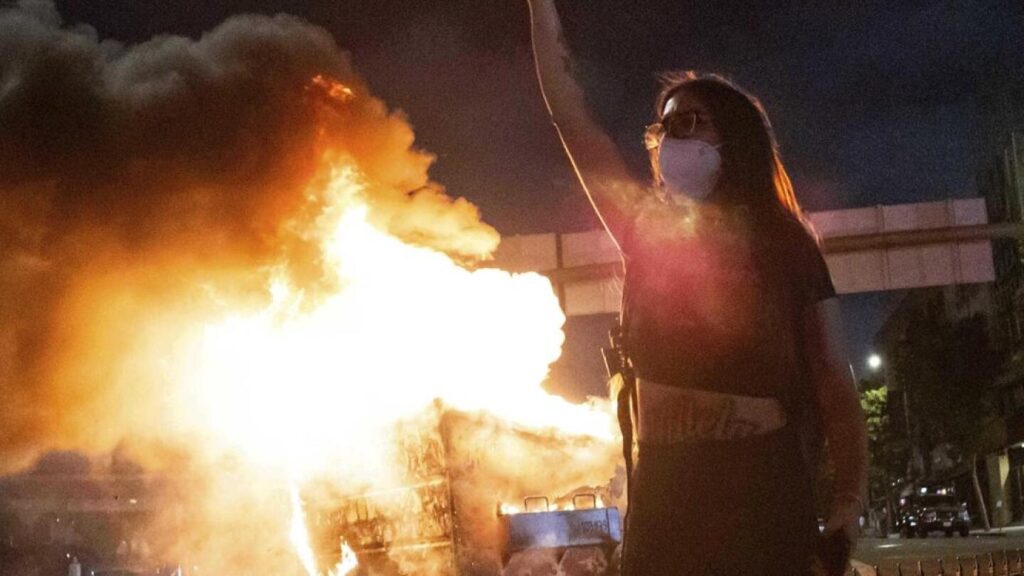President Donald Trump has deployed Marines and additional National Guard troops to Los Angeles in response to protests sparked by immigration raids, despite facing opposition from the governor and local leaders. The move has raised significant concerns and drawn mixed reactions from various stakeholders. The decision to increase military presence in the city has intensified the already tense situation, leading to heightened tensions and increased scrutiny on the administration’s handling of the protests.
The deployment of troops in Los Angeles signifies a significant escalation in the government’s response to the demonstrations, with many questioning the necessity and potential consequences of such a decision. Critics argue that the use of military force in response to civilian protests sets a dangerous precedent and could further exacerbate the existing unrest.
Governor and local leaders have expressed strong objections to the deployment, emphasizing the need for peaceful dialogue and de-escalation tactics to address the root causes of the protests. The clash between federal and local authorities over the handling of the situation highlights the broader political and social divisions at play.
As the situation continues to unfold, the deployment of Marines and National Guard troops in Los Angeles remains a contentious issue, underscoring the complex dynamics surrounding immigration policy, protest movements, and the role of the military in domestic affairs. The outcome of this deployment and its impact on the ongoing protests will shape the future trajectory of the situation and influence public perception of the government’s response.

